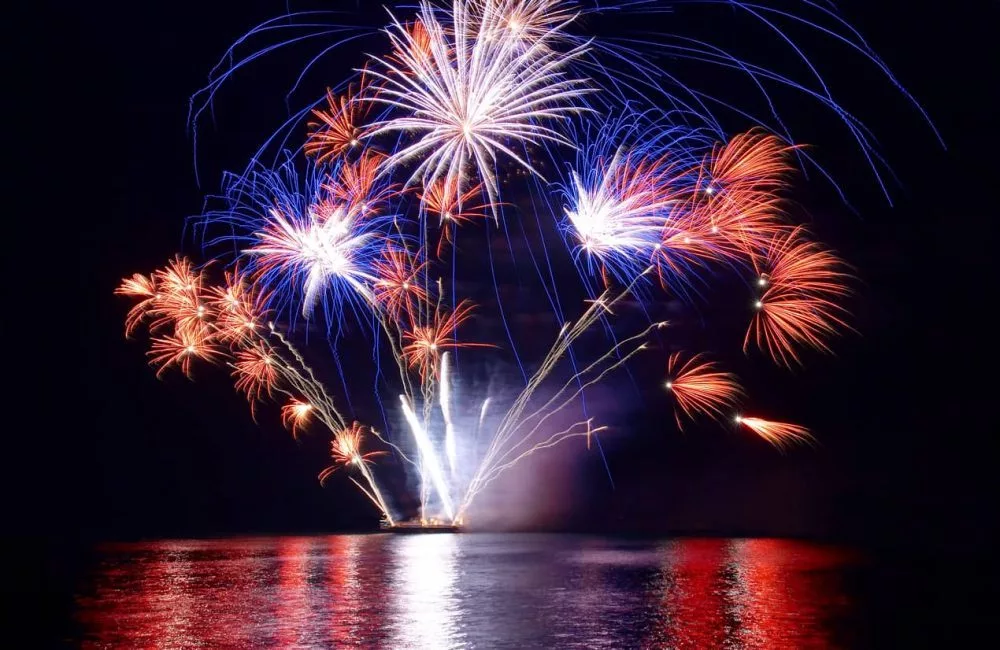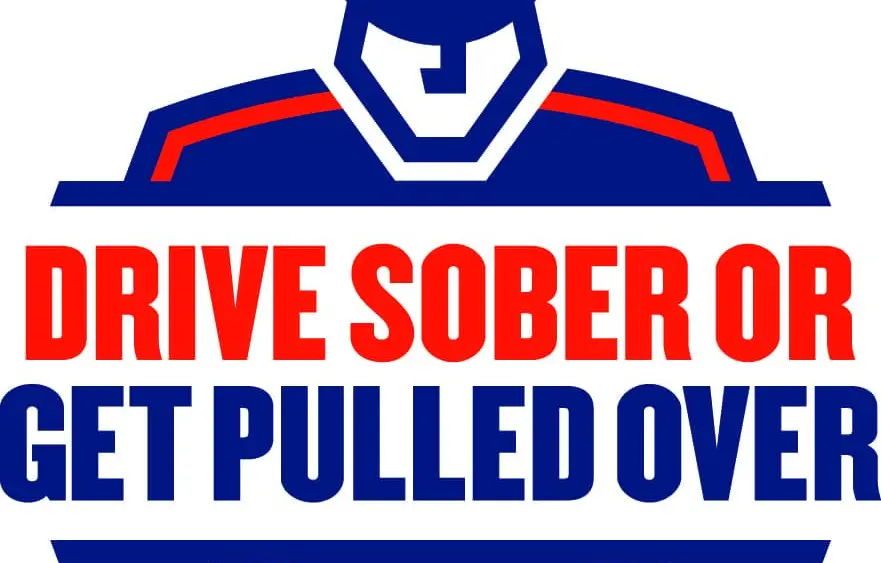Yesterday, Governor Green signed two pieces of legislation into law, marking a milestone in the effort to curb the illegal use, sale and distribution of fireworks in the state of Hawai‘i.
House Bills 1483 and 550, (Acts 243 and 244, respectively) are a response to the growing concerns following the tragic Āliamanu fireworks incident that occurred on New Year’s Eve and increased environmental worries following the Maui wildfires.
HB 1483: RELATING TO FIREWORKS
House Bill 1483 (Act 243) establishes and clarifies criminal penalties for various illegal fireworks offenses to hold violators to a higher degree of accountability and set stricter deterrence measures to reduce and prevent the associated injuries and traumas related to fireworks. New fireworks penalties will apply to actions such as setting off unauthorized fireworks in or near sensitive locations, and distributing, selling, igniting or possessing illegal fireworks without a license. This legislation amends and expands penalties by elevating felony charges for repeat offenders within a 10-year period, when the illegal use of fireworks causes substantial bodily harm, or results in serious bodily injury or death. To help prevent large-scale catastrophes, Act 243 clarifies fireworks weight regulations and increases penalties based on the amount of illegal fireworks possessed. Additionally, the measure amends liability provisions to hold parents or guardians, as well as property owners, accountable for fireworks offenses committed by minors or individuals on their property.
To streamline judicial processing and preserve critical resources for serious cases, Act 243 adds fireworks infractions to the existing adjudication system used for traffic and emergency period infractions. This initiative aims to expedite the handling of these high-volume violations, reduce the burden on the courts, and help prioritize more serious offenses.
- Illegally setting off aerials within 500 feet of a dwelling (e.g., houses or hotels) will now be a crime, subject to up to one year jail and/or up to $2,000 fine.
- If the person had any prior fireworks conviction in the past 10 years, current offense = class C felony.
- If anyone suffers “substantial” injury as a result of those fireworks, current offense = class B felony.
- If anyone suffers “serious” (i.e., near-death) injury or death, current offense = class A felony.
HB 550: RELATING TO FIREWORKS
House Bill 550 (Act 244) authorizes the use of unmanned aerial vehicles to be used, operated and controlled by the Department of Law Enforcement (DLE) and each county, to record directly over public property, to establish probable cause for an arrest under the current Fireworks Control Law. Fireworks crimes pose a unique challenge in establishing probable cause due to their fleeting nature and the fact that acts often occur in areas that are difficult for law enforcement to access. The use of photographs and video recordings will assist officers with surveilling and upholding the laws relating to fireworks when acts are committed on public properties.
The complete list of bills signed includes the following.
SB 601 (ACT 245) RELATING TO LAW ENFORCEMENT
SB 222 (ACT 246) RELATING TO FIREWORKS
HB 806 (ACT 247) RELATING TO FIREWORKS
HPD Photo





